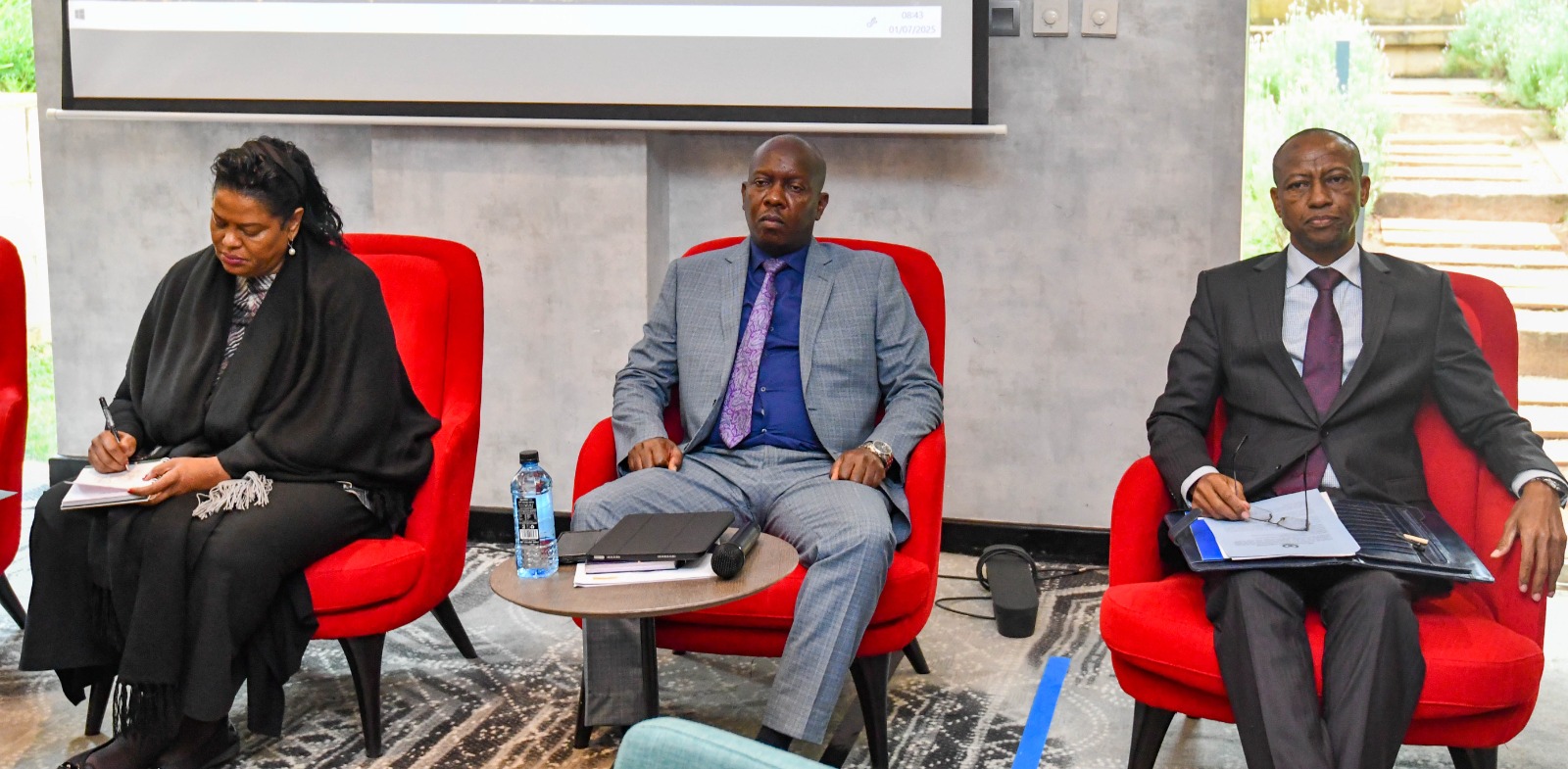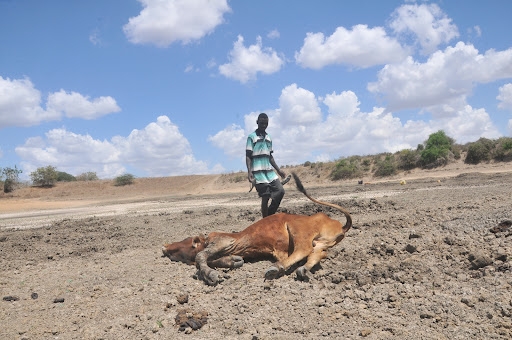 Supreme Court Judge Lady Justice Njoki Ndung’u and Director of Public Prosecutions Renson Ingonga and DCI's Abdalla Komesha during the second regional roundtable on mechanisms to counter emerging SGBV, July 1, 2025. /DCI/X
Supreme Court Judge Lady Justice Njoki Ndung’u and Director of Public Prosecutions Renson Ingonga and DCI's Abdalla Komesha during the second regional roundtable on mechanisms to counter emerging SGBV, July 1, 2025. /DCI/XIn a bold reaffirmation of its dedication to justice and victim protection, the Directorate of Criminal Investigations has underscored its commitment to addressing the growing complexities of Sexual and Gender-Based Violence (SGBV), including the rise of digital and cross-border threats.
The assurance was delivered by Abdalla Komesha, Director of the Investigations Bureau at DCI Headquarters, on behalf of DCI boss Mohammed Amin.
He was speaking during the second regional roundtable on mechanisms to counter emerging SGBV.
The event, held at Nairobi’s Novotel hotel, brought together justice sector stakeholders from across East Africa for two days of intensive deliberations.
Komesha acknowledged that while traditional forms of SGBV, such as rape, domestic abuse, and female genital mutilation, continue to plague communities, new and more insidious forms are rapidly taking root.
“Cyber harassment, online sexual exploitation, digital extortion and cross-border trafficking are no longer futuristic threats. They are here, evolving with technology, and exploiting our gaps in legislation and enforcement,” he said.
Amin, in a message conveyed through Komesha, emphasised the DCI’s multi-pronged approach through specialised units like the Anti-Human Trafficking and Child Protection Unit and Gender Desks at police stations.
These, he noted, are bolstered by advanced forensic capabilities aimed at offering survivors not only swift justice but also empathetic and professional support.
“The DCI fully recognises the transnational nature of modern SGBV. Perpetrators are becoming bolder, exploiting the anonymity of the internet and jurisdictional loopholes,” Amin stated.
“This is why cross-border cooperation is not optional—it is essential.”
Calling for a harmonised regional framework, he urged stakeholders to pursue standardised investigative protocols, mutual legal assistance, and aligned laws across East African countries.
He also stressed that justice must go beyond prosecution, encompassing survivor-centred support systems such as psychological counselling, safe shelters, and long-term reintegration.
The roundtable, which builds upon the inaugural session held in February 2025, was convened by the Office of the Director of Public Prosecutions (ODPP) in collaboration with international NGO Lawyers Without Borders.
Amin extended his appreciation to both parties for fostering the crucial dialogue.
Among the distinguished attendees were Director of Public Prosecutions Renson Ingonga, Supreme Court Judge Lady Justice Njoki Ndung’u, Lawyers Without Borders executive director Jessica Ryckman, Ulrich Jaenen from GIZ’s Police Program Africa, and INTERPOL Soteria’s Margaret Nderi.
Participants echoed a shared resolve: that in a digital age, SGBV can no longer be treated as a local problem. Justice must be borderless, and the region must act in unison.














